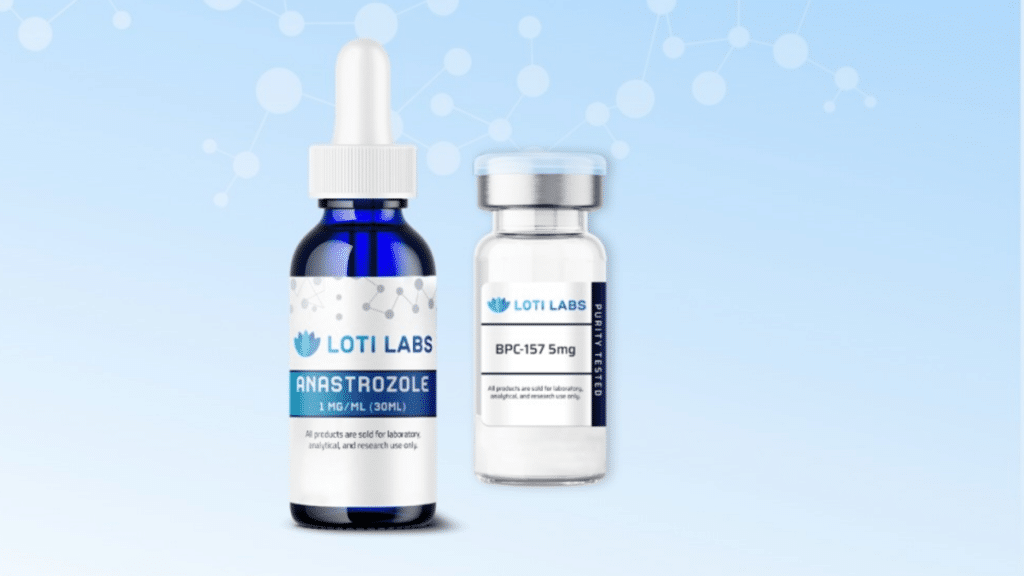Scientific disciplines have research liquids as their backbone, but each serves a different purpose in experimental and analytical processes. The liquids would include solvents, reagents, buffers, culture media, and specialty compounds, all of which serve their specific purposes in biochemistry, pharmacology, cell biology, or materials science.
This is an introduction to various types of research liquids and their applications over a wide range for better accuracy in experimentation and results in scientific investigations.
Must Know Research Liquids
This guide will identify the major categories of research liquids and their common applications in the laboratory.
1. Indicators
These are specific reagents that indicate a change in the chemical conditions. In general, a change occurs through color change. They are frequently applied in titration solutions to indicate the endpoint of a reaction. Examples include phenolphthalein.
When you buy research liquids doped with indicators, make sure they fall within the pH range or chemical reactions that you’ll experience. A supplier can offer you good-quality indicators that demonstrate stable transitions of color; thus, you will obtain a good reading.
2. Reagents
Reagents are special research liquids used to initiate a chemical reaction. With reagents, you introduce some active ingredient to your experiment with a particular result in mind, like a color change, precipitation, or other measurable results.
Hydrochloric acid and sulfuric acid are two of the most easily obtained available reagents.
Renowned suppliers also ensure that their reagents are of good quality, offering a wide range of certified reagents for the strict standards in research. Acquiring research liquids such as reagents calls for ensuring that they come with a certification and also analysis reports to prove their reliability.
3. Standards and Controls
Standards and controls are standardly used reference liquids set up to determine a baseline for scientific experiments. Standards include a known concentration of a specific substance, whereas controls consist of substances used to confirm the accuracy of experimental procedures.
If you plan to purchase research chemicals, say standards, quality assurance from them can only be assured by dealing with reputable manufacturers ensuring accuracy and consistency at every stage of an experiment.
4. Solvents
Solvents are one of the most common types of laboratory liquids. They solvate other materials and thus help facilitate the occurrence of reactions. These liquids allow the suspension of particles, the extraction of compounds, and also in controlling reactions without changing the outcome of the experiment.
Solvent: The choice may be water, acetone, ethanol, or methanol.
Laboratories that frequently employ solvents use primarily brands with the names
5. Buffers
Buffers refer to solutions prepared during the research that ensures there is no pH deviation during the experiments. Buffers, such as phosphate and bicarbonate solutions, stabilize pH levels.
When choosing buffers, it is crucial to consider the pH range you need for your experiment, in addition to the particular properties of a specific buffer and ensure it would fit appropriately for your purposes.
Conclusion
Whatever the product is, be it solvents, reagents, buffers, indicators, or standards, there is a specific reason why each falls into its category and hence has its importance in the laboratory. The accuracy or purity of the research liquids used is critical to any successful experimentation process. For this, it becomes necessary topurchase lab chemicals from trusted and quality suppliers like Lotilabs.
